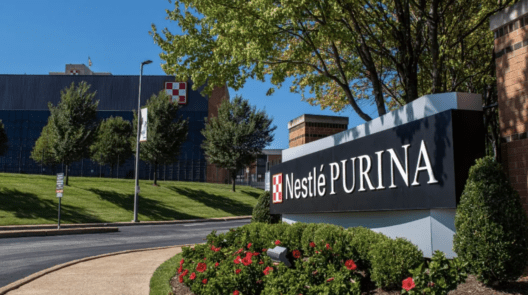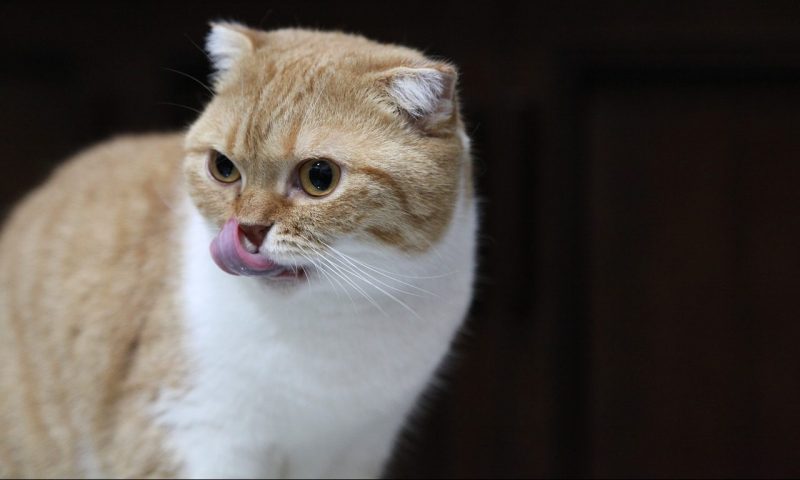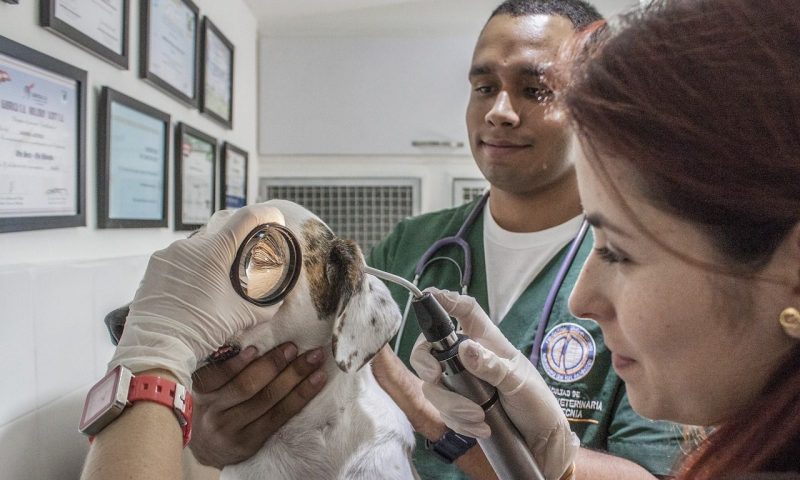Register to get 2 free articles
Reveal the article below by registering for our email newsletter.
Want unlimited access? View Plans
Already have an account? Sign in
The British Veterinary Association (BVA) has today welcomed the Migration Advisory Committee’s (MAC) recommendation for vets to be reinstated on the shortage occupation list.
The BVA described the calls as a “huge win for animal welfare and a resounding vote of confidence in the veterinary community”.
In today’s (29 May) report, MAC recommended that the Home Office should restore vets to the list after being removed in 2011, to “help address concerns about capacity meeting future demand” and to make it easier to recruit into the profession.
The committee said it was making the recommendation as it was clear from the evidence submitted that the veterinary profession is facing significant recruitment difficulties.
Recently, the BVA, which represents over 18,000 veterinary professionals in the UK, had been running a major campaign for vets to be restored to the list to help safeguard against a future crisis in workforce capacity.
Simon Doherty, BVA president, said: “MAC’s recommendation today is a huge win for animal welfare and a resounding vote of confidence in the veterinary community and the multiple benefits it realises across the UK. We are absolutely delighted that the committee has heeded our calls and recognised the need to reinstate vets on the list to keep workforce supply and resilience high in the unpredictable times ahead.
“Working with our members and stakeholders, BVA has run a concerted campaign to restore vets on the list, and we are delighted that these efforts have paid off. While this is a very welcome boost, the profession itself is also doing a huge amount of work to understand and address recruitment and retention challenges both now and into the future.”
Doherty added: “We now urge the Home Office to review and act on the committee’s recommendations. Reinstating vets on the list would be a decisive move to help develop a flexible, skilled and robust veterinary workforce that meets the UK’s needs for both the immediate future and in the longer term.”




















